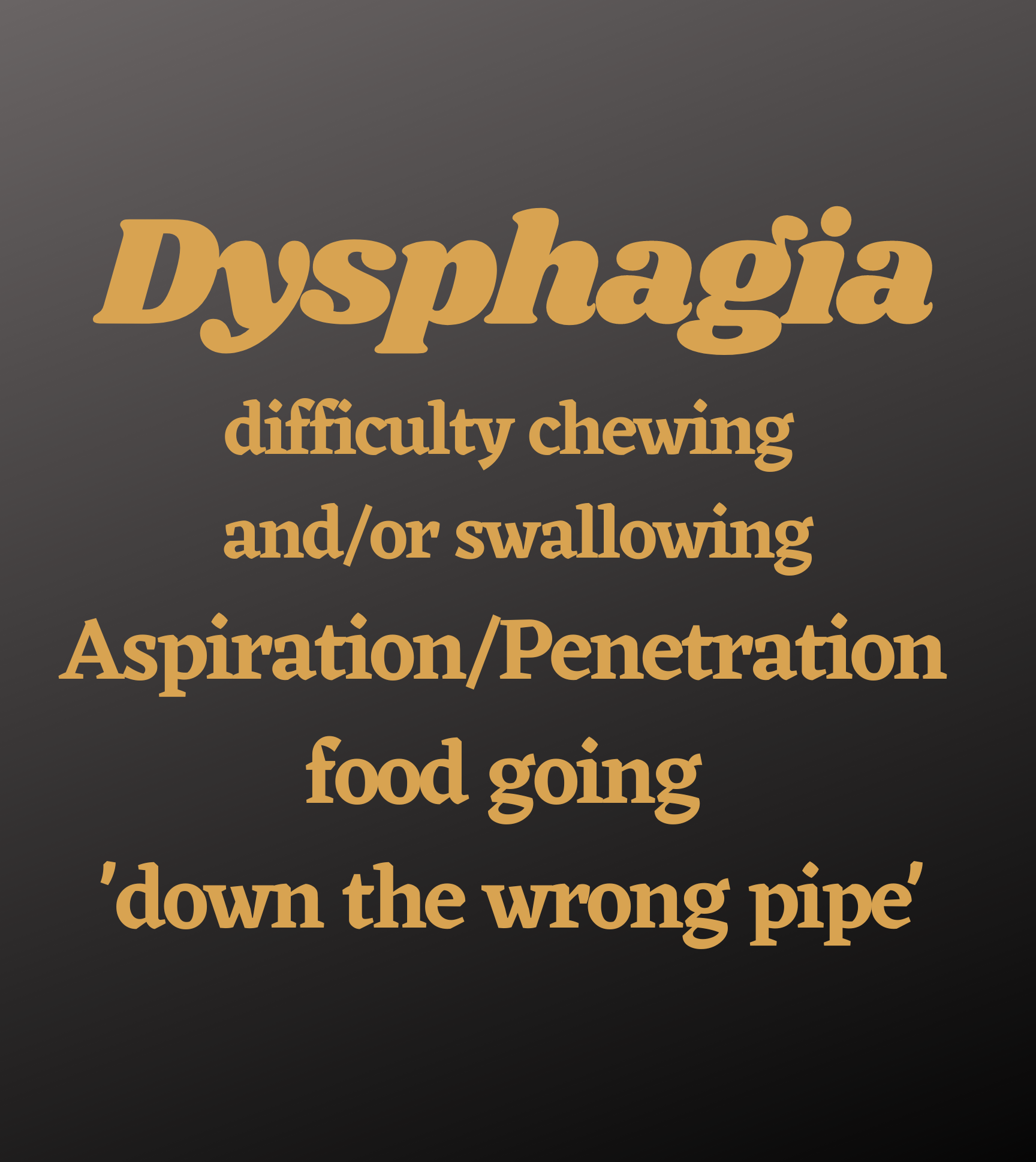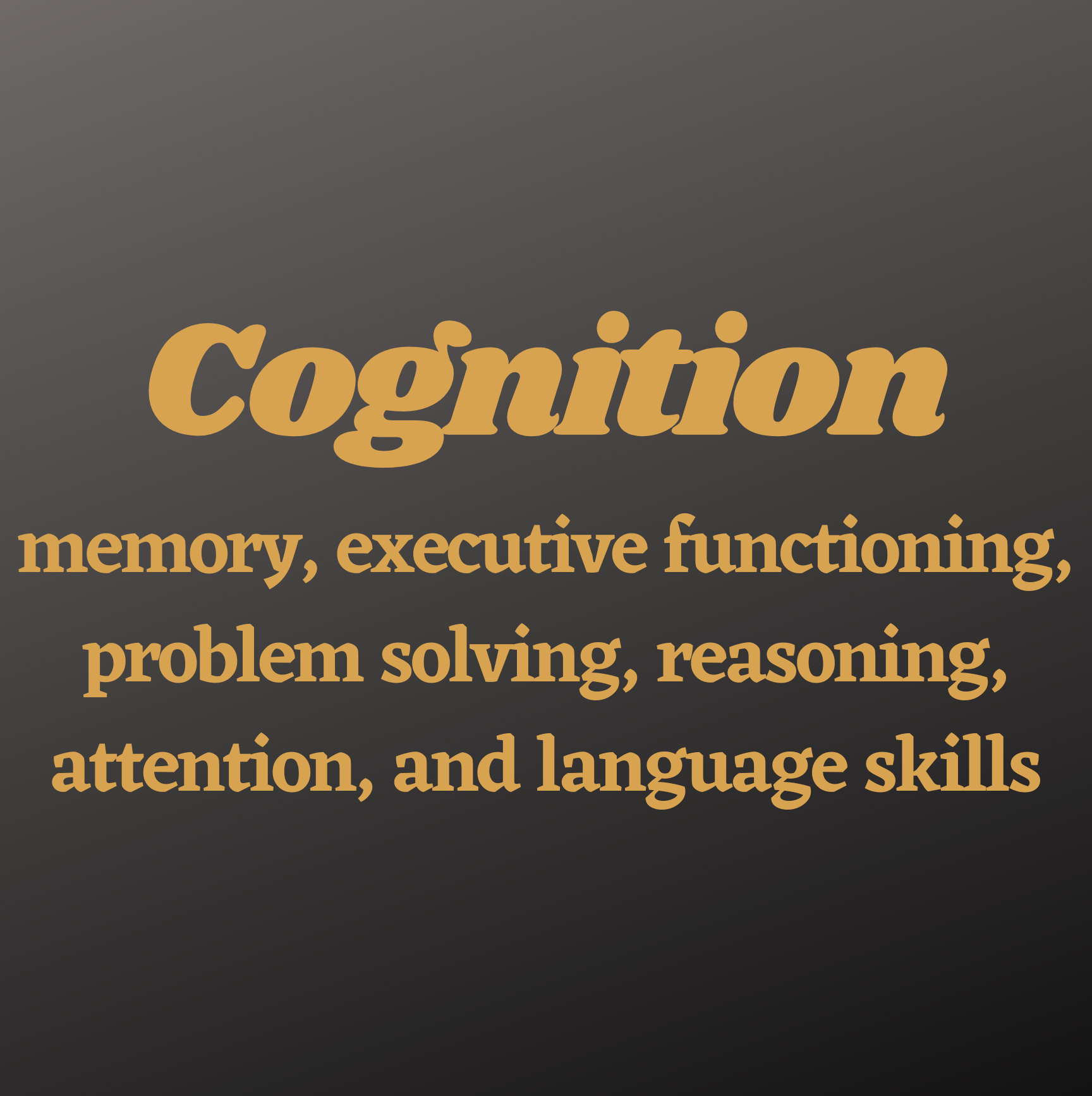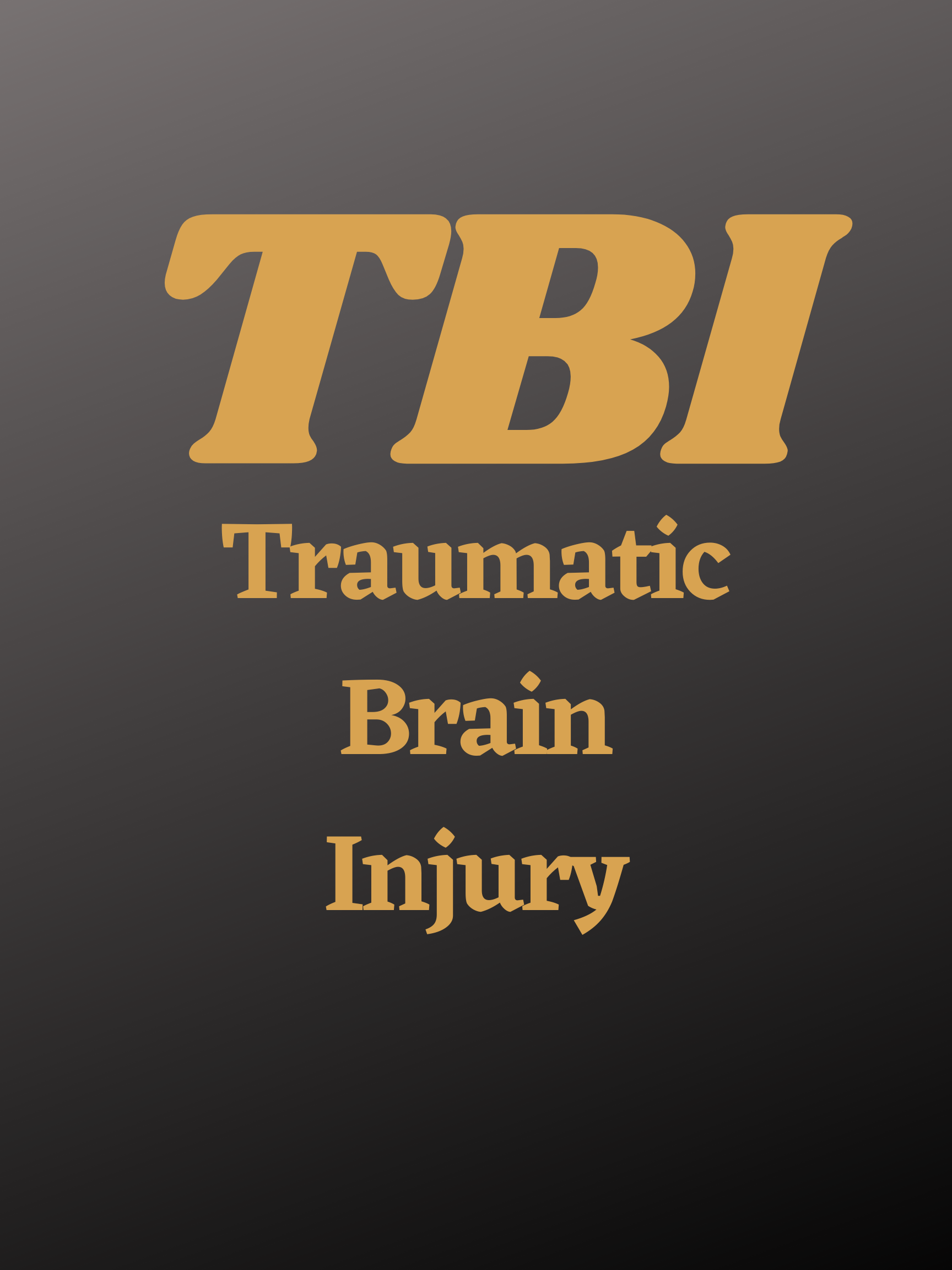We listen and act
We are a business organization based in Daphne, and we are delighted to serve you and your loved ones.
Aphasia
Aphasia is an acquired neurogenic language disorder resulting from an injury to the brain, typically the left hemisphere, that affects the functioning of core elements of the language network. Aphasia involves varying degrees of impairment in four primary areas:
- spoken language expression
- written expression
- spoken language comprehension
- reading comprehension
Dysphagia
Dysphagia is a swallowing disorder involving the oral cavity, pharynx, esophagus, or gastroesophageal junction. Consequences of dysphagia include malnutrition and dehydration, aspiration pneumonia, compromised general health, chronic lung disease, choking, and even death. Adults with dysphagia may also experience disinterest, reduced enjoyment, embarrassment, and/or isolation related to eating or drinking. Dysphagia may increase caregiver costs and burden and may require significant lifestyle alterations for the patient and the patient’s family. Speech-language pathologists (SLPs) are the preferred providers of dysphagia services and are integral members of an interprofessional team to diagnose and manage oral and pharyngeal dysphagia. SLPs also recognize causes and signs/symptoms of esophageal dysphagia and make appropriate referrals for its diagnosis and management. Dysphagia intervention may concentrate on swallowing exercises, compensatory swallowing strategies (including posture considerations), bolus consistency modification, and caregiver/patient education.

Dysarthria
Dysarthria refers to a group of neurogenic speech disorders characterized by "abnormalities in the strength, speed, range, steadiness, tone, or accuracy of movements required for breathing, phonatory, resonatory, articulatory, or prosodic aspects of speech production" (Duffy, 2013, p. 4).
Dementia
Dementia is a syndrome resulting from acquired brain disease. It is characterized by a progressive decline in memory and other cognitive domains that, when severe enough, interferes with daily living and independent functioning.
Mild Cognitive Impairment
MCI is described as an “intermediate stage of cognitive impairment that is often, but not always, a transitional phase from cognitive changes in normal ageing to those typically found in dementia” (Petersen et al., 2014, p. 214). Early identification of MCI might enable the use of cognitive interventions to slow the progression of decline (Qualls, 2005). See section in this Portal page on modifiable risk factors.
Unlike dementia, the cognitive decline associated with MCI does not interfere with independence in everyday activities (see, e.g., McKhann et al., 2011). This definition of MCI is consistent with the diagnostic category, mild neurocognitive disorder (mild NCD), as defined in the DSM-5 (APA, 2013).

Apraxia of Speech
Apraxia of speech (AOS) is a “neurologic speech disorder that reflects an impaired capacity to plan or program sensorimotor commands necessary for directing movements that result in phonetically and prosodically normal speech” (Duffy, 2013, p. 4). AOS has also been referred to in the clinical literature as verbal apraxia or dyspraxia. For the purpose of this page, AOS will refer to acquired AOS; most information, especially that regarding assessment and diagnosis, also applies to progressive AOS.
Traumatic Brain Injury
Traumatic brain injury (TBI) is a form of nondegenerative acquired brain injury, resulting from an external physical force to the head (e.g., fall) or other mechanisms of displacement of the brain within the skull (e.g., blast injuries). TBI is associated with one or more of the following characteristics:
- Changes in levels of consciousness
- Memory disturbances
- Confusion associated with deficits in orientation
- Neurological signs, such as brain injury observable on neuroimaging, new onset or worsening of seizure disorder, visual field deficits, and hemiparesis
TBI can cause brain damage that is focal (e.g., gunshot wound) or widespread (e.g., diffuse axonal injury sustained in a motor vehicle accident). Damage can result from a primary injury or a secondary injury.
TBI Severity
Severity of TBI is based on the extent and nature of the injury, duration of loss of consciousness, posttraumatic amnesia (PTA; loss of memory for events immediately following injury), and extent of confusion at initial assessment during the acute phase of the injury (APA, 2013; Centers for Disease Control and Prevention [CDC], 2015).
The Department of Defense (DOD) defines the following levels of severity (Defense Health Agency, 2019):
- Concussion/Mild TBI
- Moderate TBI
- Severe TBI
- Penetrating TBI

Jubilee Speech Therapy llc strives to provide high quality patient care with a heavy emphasis on quality of life balanced with medical management.
- Valerie Lanier M.S. CCC-SLP/owner
Call our office or email us to learn more about our business organization.
Phone: 251-318-2373
Fax: 251-340-1510
Daphne, AL
Valerie@jubileespeechtherapy.com
jubileespeechtherapy.com
